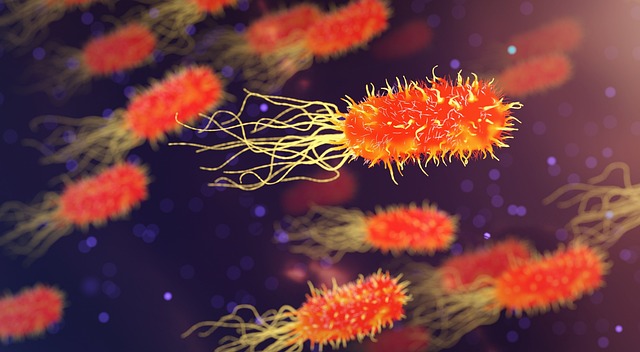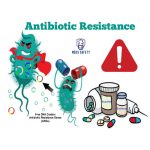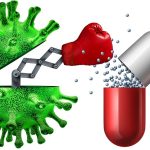The Rise of Antimicrobial Resistance: A Growing Public Health Concern

In recent years, the global health community has been sounding the alarm on a looming crisis that threatens to undermine a century of medical progress: the rise of antimicrobial resistance (AMR). This phenomenon, wherein bacteria, viruses, fungi, and parasites evolve to resist drugs designed to kill them, poses a significant challenge to public health systems worldwide. As antimicrobial resistance escalates, it compromises our ability to treat common infectious diseases, leading to prolonged illnesses, increased mortality, and a higher risk of disease spread.
Understanding Antimicrobial Resistance
Antimicrobial resistance occurs naturally over time, usually through genetic changes. However, the misuse and overuse of antimicrobials in humans, animals, and agriculture accelerate this process. Today, the repercussions of AMR are felt across the globe, with “superbugs” that can resist multiple drugs becoming increasingly common. Without effective antimicrobials for prevention and treatment, medical procedures such as organ transplantation, cancer chemotherapy, diabetes management, and major surgery become significantly riskier.
The Impact of AMR on Public Health
The implications of AMR on public health are profound. According to the World Health Organization, AMR is one of the top 10 global public health threats facing humanity. It leads to longer hospital stays, higher medical costs, and increased mortality. Infections such as pneumonia, tuberculosis, gonorrhea, and salmonellosis are becoming harder to treat as the antibiotics used to treat them become less effective. This crisis demands immediate action to prevent a post-antibiotic era where minor infections could once again prove fatal.
Strategies to Combat AMR
Combating antimicrobial resistance requires a multifaceted approach. One key strategy is the prudent use of antimicrobials in healthcare settings and agriculture to slow the emergence of resistant strains. Public awareness campaigns are crucial in educating the general populace about the risks of antibiotic misuse and the importance of following prescribed treatments.
Innovation is also critical. The development of new antibiotics, vaccines, and diagnostic tools is essential for staying ahead of resistant pathogens. However, the pipeline for new antibiotics has been drying up, underscoring the need for increased investment in research and development.
Furthermore, strengthening health systems and surveillance for AMR globally ensures better tracking of resistance patterns and the spread of resistant infections. This information is vital for informing treatment guidelines, policy decisions, and research priorities.
The Role of Education and Training
Educating the next generation of public health professionals is paramount in the fight against AMR. An online degree in public health can equip individuals with the knowledge and skills needed to address this complex issue. These programs offer comprehensive training in epidemiology, global health, health policy, and disease prevention, preparing graduates to lead AMR containment efforts. By understanding the mechanisms of resistance, the impact of antibiotic misuse, and effective strategies for antimicrobial stewardship, public health professionals can play a crucial role in mitigating the threat of AMR.
Conclusion
The rise of antimicrobial resistance represents a formidable challenge to global health security. Without concerted action, the world risks sliding back into an era where minor infections can kill, and medical advances are lost. Tackling AMR requires a coordinated global response, encompassing prudent antimicrobial use, public education, research and development, and robust public health policies. As we move forward, the education and engagement of public health professionals will be critical in steering the global community toward sustainable solutions and safeguarding the effectiveness of antimicrobial drugs for future generations.





